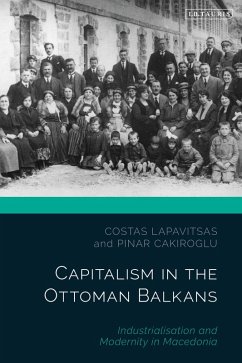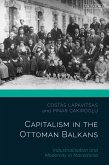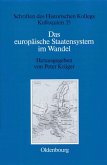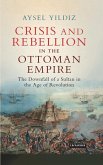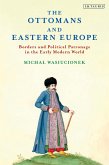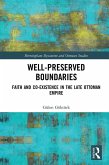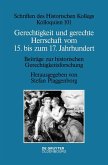The Ottoman Empire went through rapid economic and social development in the late nineteenth and early twentieth centuries, as it approached its end. Profound changes took place in its European territories, particularly and prominently in Macedonia. In the decades before the First World War, industrial capitalism began to emerge in Ottoman Macedonia and its impact was felt across society.
The port city of Salonica was at the epicentre of this transformation, led by its Jewish community. But the most remarkable site of development was found deep in provincial Macedonia, where industrial capitalism sprang from domestic sources in spite of unfavourable conditions. Ottoman Greek traders and industrialists from the region of Mount Vermion helped shape the economic trajectory of 'Turkey in Europe', and competed successfully against Jewish capitalists from Salonica.
The story of Ottoman Macedonian capitalism was nearly forgotten in the century that followed the demise of the Empire. This book pieces it together by unearthing Ottoman archival materials combined with Greek sources and field research. It offers a fresh perspective on late Ottoman economic history and will be an invaluable resource for scholars of Ottoman, Greek and Turkish history.
Published in Association with the British Institute at Ankara
The port city of Salonica was at the epicentre of this transformation, led by its Jewish community. But the most remarkable site of development was found deep in provincial Macedonia, where industrial capitalism sprang from domestic sources in spite of unfavourable conditions. Ottoman Greek traders and industrialists from the region of Mount Vermion helped shape the economic trajectory of 'Turkey in Europe', and competed successfully against Jewish capitalists from Salonica.
The story of Ottoman Macedonian capitalism was nearly forgotten in the century that followed the demise of the Empire. This book pieces it together by unearthing Ottoman archival materials combined with Greek sources and field research. It offers a fresh perspective on late Ottoman economic history and will be an invaluable resource for scholars of Ottoman, Greek and Turkish history.
Published in Association with the British Institute at Ankara

